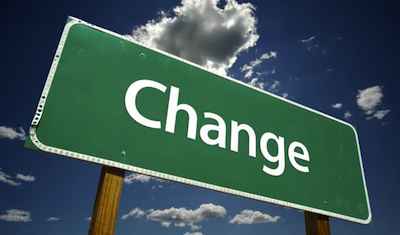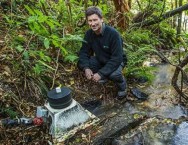Transitioning to the Off-Grid Mindset
 So you’ve picked out the perfect land for your needs. You’ve looked at the climate over the last few years; you are aware of all covenants, restrictions, and local hurdles you will encounter. You know the political temperament both of the local area, the greater area, and your immediate neighbors. You know how you will get water, how far to the nearest hospital and store. You are ready to make that next step.
So you’ve picked out the perfect land for your needs. You’ve looked at the climate over the last few years; you are aware of all covenants, restrictions, and local hurdles you will encounter. You know the political temperament both of the local area, the greater area, and your immediate neighbors. You know how you will get water, how far to the nearest hospital and store. You are ready to make that next step.
You are ready to start roughing it in the wild, right?
Not quite.
The more you bring the off-grid mindset into your life before you move, the easier the move will come. You will begin to live cheaper, healthier, and happier before you build a single thing. One day at a time. One step at a time.
While some people can easily just jump right in and embrace all the changes that come with a new lifestyle, the rest of us would like some sort of transition period to wade into before learning to swim.
Welcome to the Kiddie Pool where I will teach you the basic strokes that will keep you from drowning. So what is the key to transitioning from Linked-in living to Off-grid and the great outdoors?
In a word: Downsizing. If you want to be successful in living off the sweat of your brow, you’re going to have to make a few adjustments. For example: if you no longer rely on the power grid for electricity, you are going to be limited on how many appliances, and devices you can use each day. Maybe you’ll have to cook more things by hand. Maybe you can’t have all the new video game consoles and the big screen TV. Maybe you’ll just have to buy more solar panels. You have to weigh your own situation and separate everything all your dreams into needs and wants.
Do I need cable? Do I need central air? Can I live off 5-10 gallons of water per day instead of the US average of 100+? Can I switch to cooking only foods that I grow myself and only while they are in season?
When your goal is to provide everything for yourself, the most important question is: can I provide this for myself? If not and you need it, how else can you get it?
My rules are:
Rule #1: If it is non-essential, I can ditch it.
Rule #2: Everything is non-essential.
Obviously this is an exaggeration but if you think about the things you feel you need in your life, you don’t need nearly as many, or as frequently as you’ve convinced yourself that you do.
Living off-grid is a mindset. If you can’t provide for yourself while you are living connected to the grid with the supermarket available, how can you expect to provide for yourself when you live in the middle of nowhere and …
